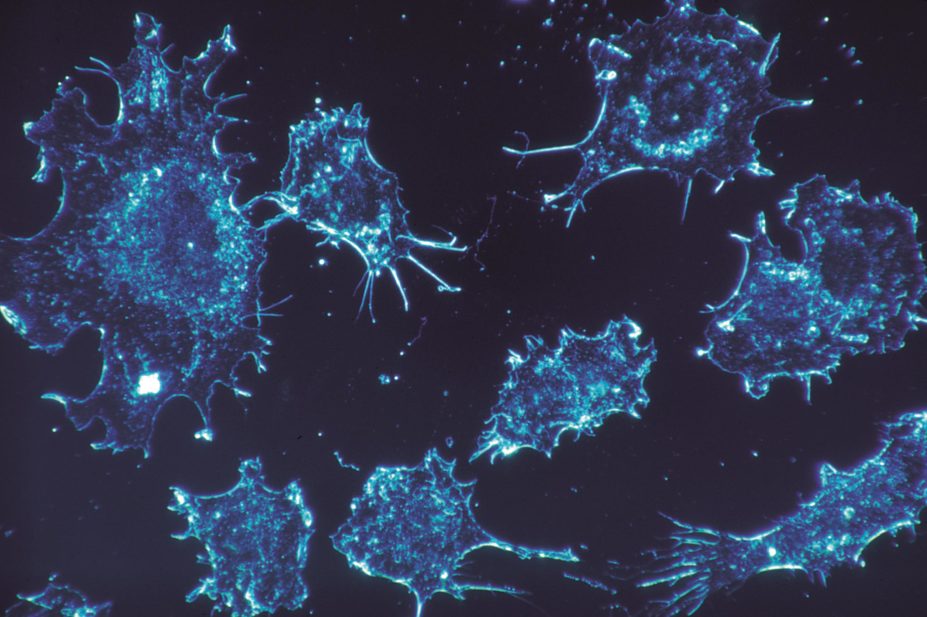
Wikimedia Commons
More than a third of cancers have mutations in the RAS family of proteins that are implicated in the growth and spread of tumours, but there has been very little success in developing it as a treatment target.
However, by looking at other proteins that work with RAS – namely the Ral proteins – researchers in the US have identified a potentially novel therapeutic in a study published in Nature
[1]
(online, 14 September 2014).
By virtually modelling the interaction of Ral with a library of more than 500,000 small molecules, a compound was identified that inhibits the protein. Further chemical modification of the novel compound led to the isolation of an even more effective derivative, called BQU57, which was found to inhibit cancer cell growth of human cell lines in vitro.
The scientists who made the discovery have signed a deal with US firm NantBioScience to take forward the commercialisation of the compound. The scientists at the University of Colorado say the Ral inhibitors represent a first generation of valuable tools for developing novel anti-cancer agents.


